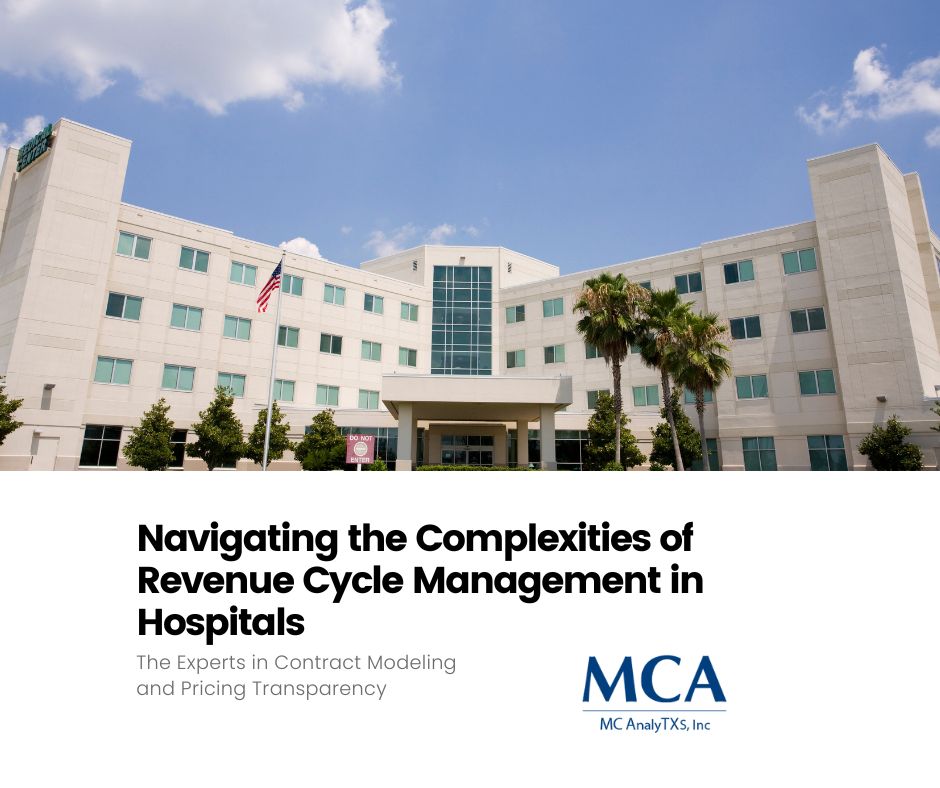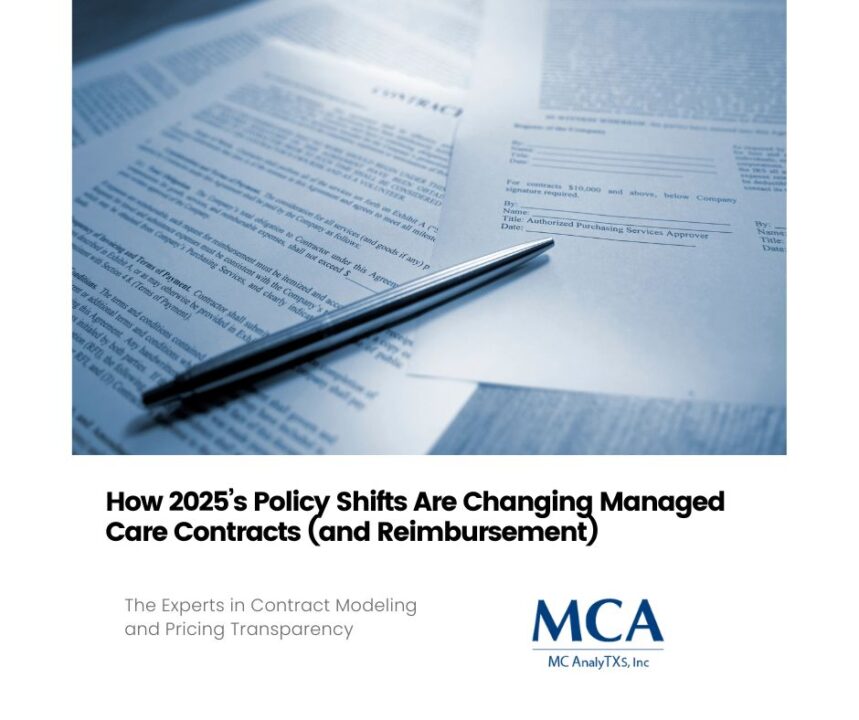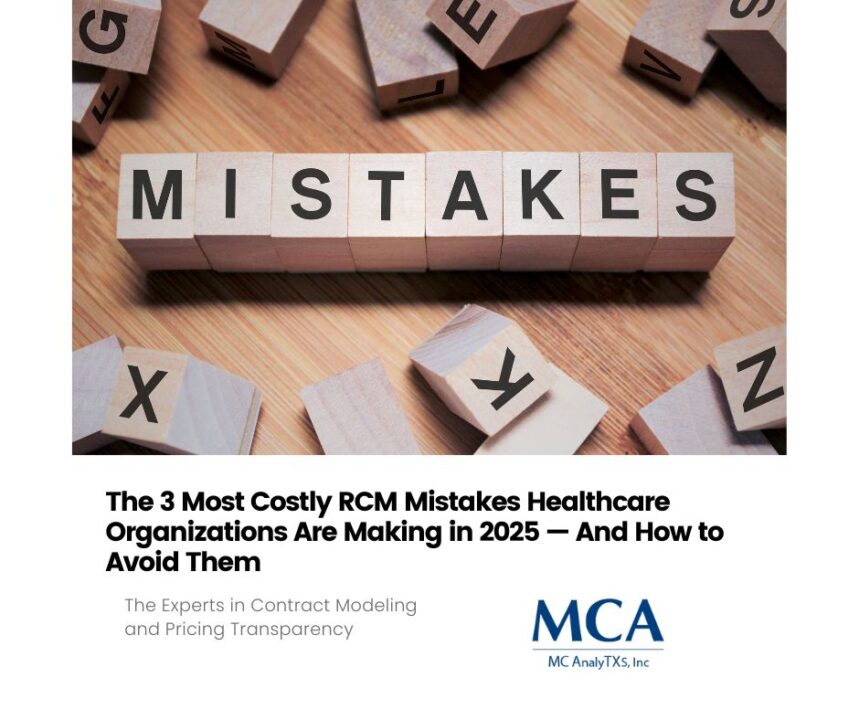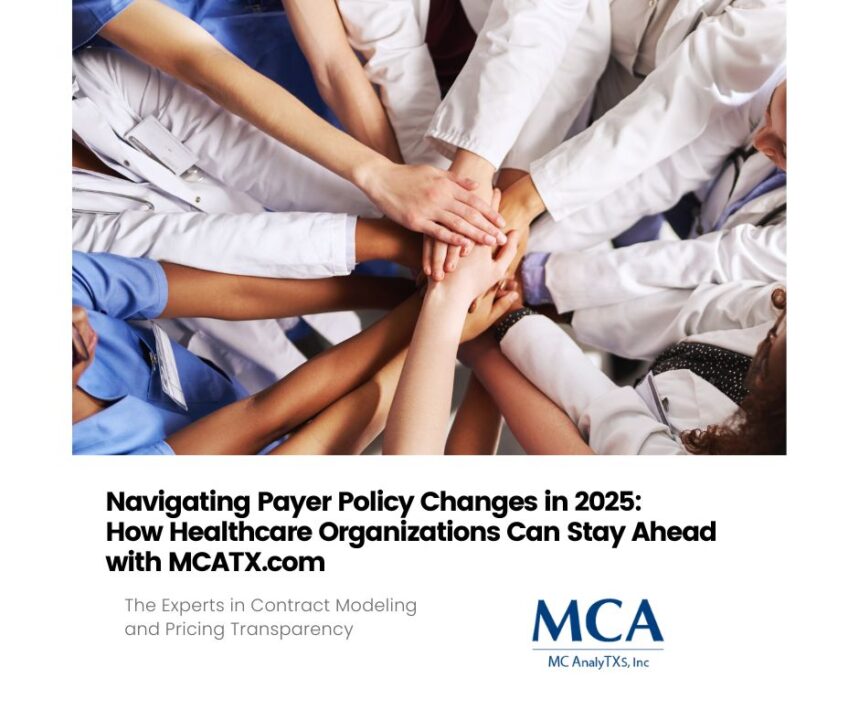

Navigating the Complexities of Revenue Cycle Management in Hospitals
Revenue Cycle Management (RCM) is the lifeblood of healthcare organizations. It ensures that hospitals are reimbursed for the services they provide, maintaining financial health and enabling them to continue serving patients. However, many hospitals fall short in this critical area, struggling with inefficiencies that can have far-reaching consequences. In this article, we’ll explore the common pitfalls of RCM, examine their impact on managed care and financial health, and offer actionable solutions to enhance your hospital’s RCM processes.
The Critical Role of Revenue Cycle Management in Healthcare
Revenue Cycle Management encompasses the entire financial process of a hospital, from patient registration and billing to the final payment of services rendered. Effective RCM ensures that hospitals are reimbursed promptly and accurately, which is crucial for sustaining operations and improving patient care.
Poor RCM can lead to delayed payments, increased denials, and decreased cash flow, ultimately affecting a hospital’s ability to operate efficiently. Understanding the significance of RCM is the first step toward addressing the challenges that may arise.
Hospitals that excel in RCM can allocate more resources to patient care, invest in new technologies, and improve the overall patient experience. By recognizing its importance, managed care directors, revenue cycle managers, and CFOs can take proactive steps to optimize their RCM processes.
Understanding the Challenges in Revenue Cycle Management
Despite its importance, many hospitals face significant challenges in managing their revenue cycles. These challenges can stem from various factors, including outdated technology, lack of staff training, and inefficient processes.
One common pitfall is the improper capture of patient information during registration. Accurate data entry is crucial for ensuring that claims are processed correctly. Errors at this stage can lead to claim denials and delays in payment, impacting the hospital’s cash flow.
Another issue is the inconsistent application of billing codes. Proper coding is essential for accurate billing and reimbursement. Inconsistent or incorrect coding can result in claim rejections, requiring additional time and resources to resolve.
Additionally, the lack of integration between different departments and systems can hinder effective RCM. When departments work in silos, communication breakdowns occur, leading to errors and inefficiencies that can compromise the entire revenue cycle process.
Impact on Managed Care and Financial Health
Ineffective RCM has a ripple effect on various aspects of a hospital’s operations, including managed care, financial health, and patient experience. Understanding these impacts is crucial for recognizing the significance of RCM improvements.
Managed care contracts are often complex, requiring meticulous attention to detail for proper reimbursement. Poor RCM can result in underpayments or delayed payments, straining relationships with payers and jeopardizing future contracts.
Financial health is directly tied to effective RCM. Delayed payments and increased denials reduce cash flow, limiting the hospital’s ability to invest in essential resources and technologies. Over time, this can erode the hospital’s financial stability and hinder its ability to deliver quality care.
Patient experience is also affected by poor RCM practices. Billing errors, delays in processing claims, and lengthy payment processes can lead to frustration and dissatisfaction among patients. Improving RCM can enhance patient trust and loyalty, contributing to better overall outcomes.
Best Practices and Solutions for Improving RCM
To address the challenges in RCM, hospitals can adopt several best practices and innovative solutions. Implementing these strategies can lead to significant improvements in efficiency and financial performance.
Investing in advanced technology is crucial for modernizing RCM processes. Automated systems can streamline data entry, billing, and claims processing, reducing the likelihood of errors and speeding up reimbursement. Additionally, integrating different systems can enhance communication between departments, ensuring a seamless workflow.
Staff training and education are equally important. Ensuring that employees are well-versed in the latest billing codes, regulations, and best practices can minimize errors and improve the overall accuracy of the revenue cycle process. Regular training sessions and workshops can keep staff updated on industry changes and enhance their skills.
Implementing data analytics and reporting tools can provide valuable insights into the performance of RCM processes. These tools can identify trends, highlight areas for improvement, and enable proactive decision-making. By leveraging data, hospitals can optimize their revenue cycles and improve financial outcomes.
In Conclusion, Revenue Cycle Management is a critical aspect of healthcare operations, directly impacting a hospital’s financial health, managed care contracts, and patient experience. By understanding the challenges and implementing best practices, hospitals can optimize their RCM processes and achieve better outcomes.
Addressing the common pitfalls in RCM requires a combination of advanced technology, staff training, and data-driven decision-making. Real-world case studies demonstrate the tangible benefits of effective RCM strategies, providing a roadmap for other organizations to follow.
To stay competitive and ensure financial stability, hospitals must prioritize RCM improvements. By doing so, they can enhance their ability to deliver quality care, build stronger relationships with payers, and create a positive patient experience.
For more information on how to improve your hospital’s RCM processes, consider signing up for our free consultation.
We will help you identify areas for improvement and implement effective solutions tailored to your organization’s needs.





